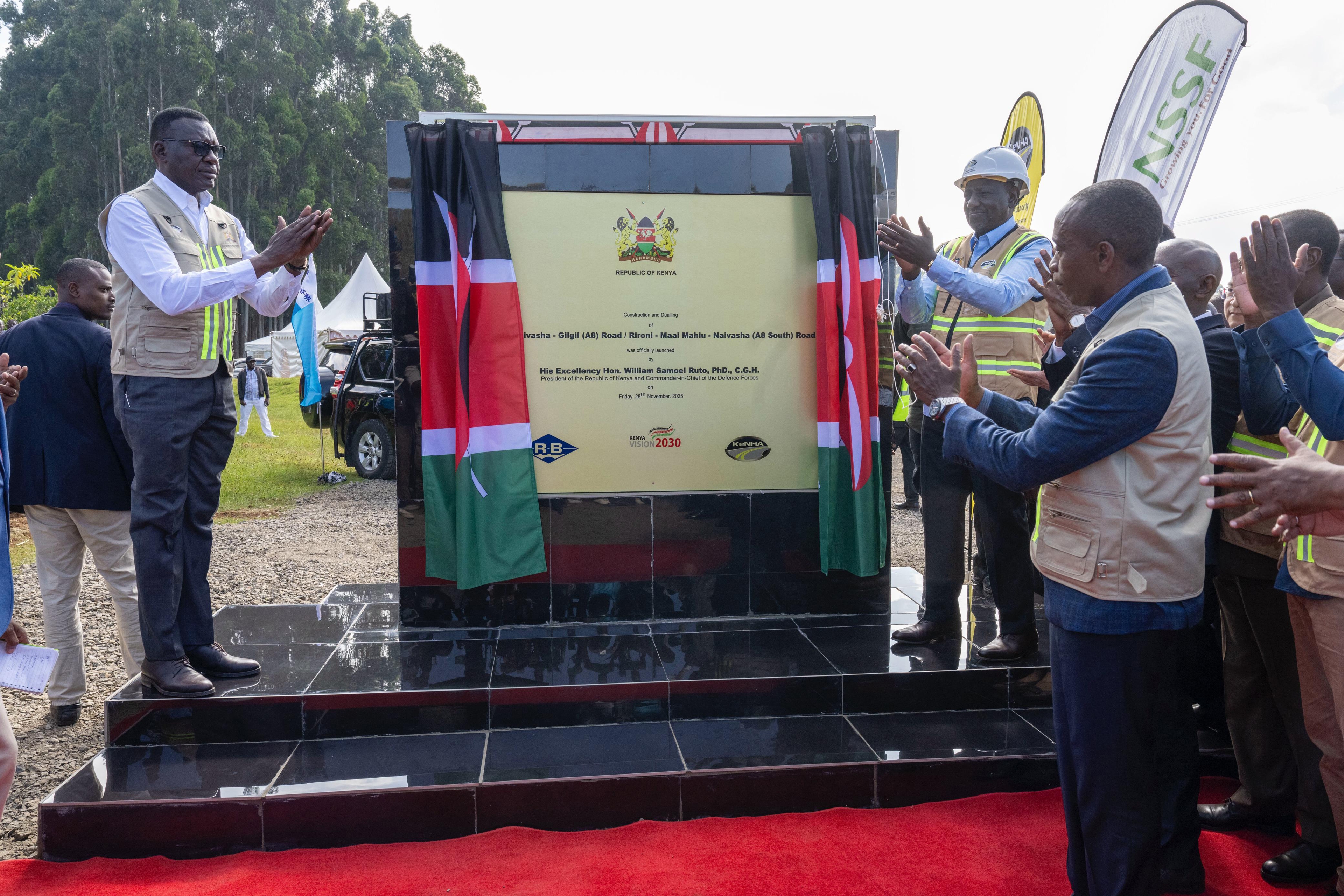Kenya Prisons has rolled out an awareness-raising programme to target their staff on issues of violent extremism.
Officials rolled out a programme yesterday as part of efforts to contain the menace.
It comes in the wake of a plan established in 2015 to increase understanding on preventing and managing violent extremism.
The Countering Violent Extremism in Prisons Programme in Kenya was a close partnership between the Kenya National Counter Terrorism Centre, the Kenya Prison Service and the Global Centre on Cooperative Security.
Commissioner General of Kenya Prisons Brig John Warioba yesterday said 30,000 prison staff and new recruits have been trained across all of Kenya’s prisons.
“KPS has acquired a team of 80 experienced trainers stationed across the country, and the KPS training college has integrated CVE-P training curriculum for recruits,” he said.
“We have increased information-sharing and coordination on terrorism concerns between prison stations and KPS headquarters.”
The event was attended by Prisons PS Salome Wairimu, director NCTC Rosalinda Nyawira and representatives from various embassies that supported the programme.
Those present said they had identified the need to establish an institution-wide understanding of and approach to the issue of violent extremism across the prison service, from senior leaders to recruits.
To build this baseline, experts from the NCTC, KPS, and Global Centre developed and piloted the CVE-P Awareness Raising Course.
They worked with carefully selected and trained KPS officers to deliver it to all 30,000 existing officers and recruits at more than 130 prisons.
The course was developed to cover the essential topics and issues that prison staff at all prison facilities should understand.
This in order to prevent, recognise and respond to violent extremism in prisons, while upholding human rights standards and professional practice.
The targeted group was provided with the skills and equipment needed to deliver the course to their colleagues effectively.
This included the development of a CVE-P Trainer Manual to standardise and ensure consistent delivery of the training.
The programme has been piloted, reviewed and tested for effectiveness.
“Analysis of learning outcomes and monitoring data demonstrate that the course delivered by KPS trainers facilitates increases in understanding on key topics around preventing and managing violent extremism among prison staff,” Wairimu said.
She said implementation of the training across all prisons in Kenya involved coordination at all levels of the KPS.
Briefing sessions established the buy-in, procedures and ownership needed to facilitate hundreds of trainings across Kenya’s eight administrative regions, in addition to KPS and its training college.
She added quality control and monitoring data collected during every training showed positive results from prison staff on the applicability, usefulness and anticipated impact of the training.
"The combined effect of the training and the coordination of the programme across the Kenyan prison system has also generated a marked increase in information-sharing on terrorism cases and concerns between prison stations and headquarters," Warioba said.














